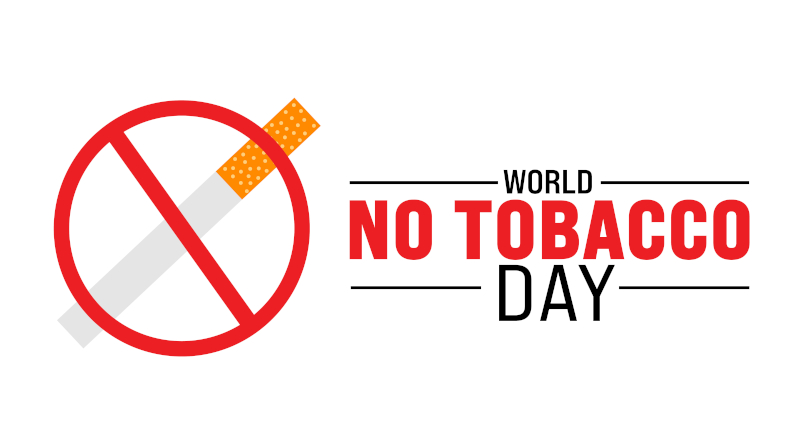
16 French doctors, researchers and medical professors have called for government support of vaping, in response to a publication by the French High Council for Public Health last year which was critical of the sector.
The article, by addiction researcher Benjamin Rolland and pulmonologist Sébastien Couraud published in Le Monde newspaper, claims that “On electronic cigarettes, the High Council for Public Health has an “antivape” position with “antivax” arguments”. [1]
The article evaluates public health policy developments to combat the COVID pandemic and compares them with government measures to contain the tobacco epidemic. Vaccines have been available for more than a year to help reduce the number of infections and severe health damage.
Anti-vaxxers rejected these vaccines because there was still no knowledge about the long-term effects, despite the significant risks of contracting COVID being very well known. Vaccines helped millions of people and saved a great many lives; but they could have saved many more had opposition to them not been as fierce.
The authors see a parallel to this entire development in the tobacco epidemic:
“For many decades now, another pandemic has been raging: that of tobacco addiction. It is responsible for more than 8 million deaths per year (including 75,000 in France)”.
In view of these numbers, everything must be done to find effective ways to reduce smoking rates. A tried and tested means would be the e-cigarette: “According to the highly recognized international scientific consortium Cochrane, the most effective of these means of nicotine substitution are electronic cigarettes…“.
However, opponents of vaping often deny the public health potential of reduced risk alternatives. And their reasoning is reminiscent of the arguments of anti-vaxxers:
“Some scientists, however, refuse to promote the “vape” because of the lack of perspective on the prolonged consequences of this new device, in the name of the same precautionary principle as that mentioned above.”
Instead, some large health organizations still assume that classic nicotine cessation with medical products was the best way to quit smoking. The experts disagree, pointing to high relapse rates (70-80 percent for nicotine replacement products) and ask the question: “Should we then let these people continue to smoke tobacco, or should we reasonably suggest that they try electronic cigarettes?“
The authors therefore call on doctors and all healthcare professionals to recommend e-cigarettes to smoking patients as a significantly less harmful alternative:
“Doctors, but also all caregivers involved in the management of tobacco addiction (nurses, pharmacists, physiotherapists, etc.), should recommend the use of this new risk reduction approach to patients, in particular those who do not or no longer want to use TNS .”
Fortunately, more and more public health experts worldwide now support tobacco harm reduction with vaping products. It is well established that the potential for harm from vaping is 95 percent less than smoking, and the risk of cancer is 99.5 percent lower. [2]
Sources:
[1] “Sur la cigarette électronique, le Haut Conseil de la santé publique a une position “antivape” avec des arguments “antivax”, Le Monde, March 4 2022. Link
[2] “E-cigarettes are 95 per cent less harmful than tobacco cigarettes” Public Health England 2018. Link



